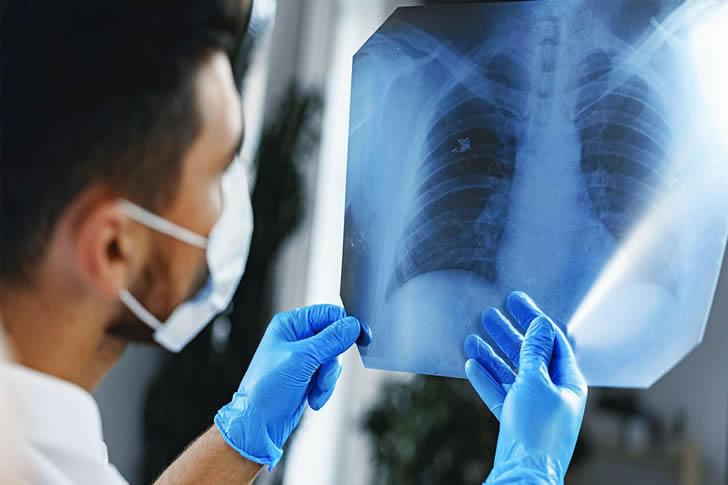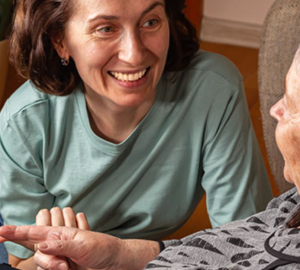Lung cancer poses a significant health threat, yet there’s optimism in the possibility of prevention. Although it’s impossible to eradicate the risk completely, adopting certain lifestyle choices can markedly lower your likelihood of facing this illness.
Refrain from Smoking: Smoking stands as the predominant factor in most lung cancer diagnoses. The carcinogens present in tobacco smoke can lead to the mutation of lung cells, setting the stage for cancer. For non-smokers, it’s crucial to never begin smoking. Smokers should seek to quit as soon as possible, taking advantage of the various available cessation aids and support networks.
Minimize Secondhand Smoke Exposure: Even nonsmokers can fall victim to lung cancer through secondhand smoke. This form of passive smoking carries similar risks due to the inhalation of carcinogenic compounds. To protect yourself, steer clear of environments where smoking is prevalent and advocate for the establishment of smoke-free areas.
Conduct Radon Testing in Your Home: Radon, a lesser-known risk factor, is a radioactive gas that emanates from the natural decay of uranium in the ground. Being colorless and odorless, it can accumulate in homes unbeknownst to residents. Long-term exposure to elevated radon levels can heighten lung cancer risk. It’s advisable to have your living spaces tested for radon and to implement mitigation measures if necessary.
Limit Workplace Exposure to Carcinogens: Certain occupations may expose individuals to cancer-causing substances. Those at risk should rigorously employ protective measures such as wearing appropriate safety gear and advocating for frequent hazard evaluations in the workplace.
Adopt a Nutrient-Rich Diet: Although research is ongoing regarding the diet-lung cancer link, a diet abundant in fruits, vegetables, and whole grains may contribute to a reduced cancer risk. A nutrient-diverse diet supports overall health and may help ward off various diseases.
By proactive engagement in these preventative measures, you place yourself in a better position to combat lung cancer. Prioritizing lung health and being mindful of environmental and lifestyle risks are key steps in promoting your overall health and well-being.




